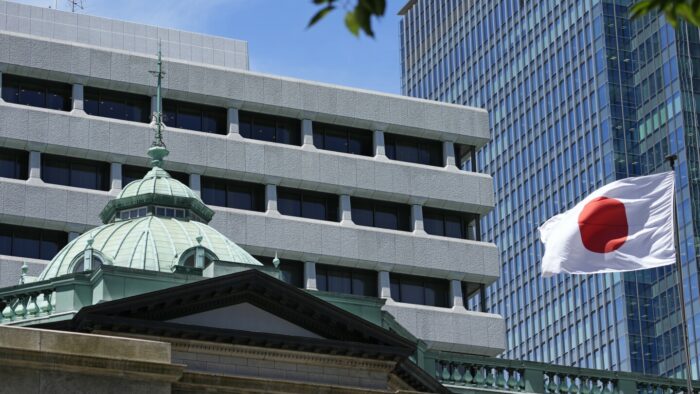On Tuesday, the Bank of Japan (BOJ) announced a pivotal change in its monetary policy, concluding its eight-year practice of negative interest rates and wrapping up its extraordinary measures aimed at economic stimulation. This adjustment marks Japan’s first interest rate increase in nearly two decades. Maintaining rates near zero reflects a cautious approach amid a slowly recovering economy.
BOJ Ends Negative Interest Rates With a First Rate Hike in 17 Years

This development positions Japan as the final major central bank to move away from negative rates, signalling the end of a global trend in which economies were buoyed by inexpensive capital and novel financial strategies.
“We have transitioned back to a standard monetary policy that focuses on short-term interest rates, aligning with practices of other central banks,” stated BOJ Governor Kazuo Ueda during a post-decision press briefing. Ueda hinted at the possibility of further rate adjustments if inflation trends upward, though he provided no specifics on the timing or magnitude of potential hikes.
In an anticipated move, the BOJ abandoned a policy initiated in 2016 under former Governor Haruhiko Kuroda, which imposed a 0.1% fee on certain surplus reserves banks held with the central bank. The BOJ has now set the overnight call rate as its primary policy rate, maintaining it within a 0-0.1% range, partly by offering 0.1% interest on central bank deposits.
Don’t miss out the latest news, subscribe to LeapRate’s newsletter
As Frederic Neumann, HSBC’s chief Asia economist, noted, the BOJ has begun its journey towards policy normalisation by stepping away from negative interest rates. This step underscores the BOJ’s belief that Japan is moving past its deflationary phase.
The central bank also exited its yield curve control (YCC) strategy, which had kept long-term interest rates near zero since 2016, and ceased its purchases of high-risk assets.
Despite these changes, the BOJ plans to purchase significant government bonds and is prepared to increase these purchases should yields rise sharply. This strategy underscores its ongoing commitment to preventing a sudden increase in borrowing costs. The central bank’s statement indicated that it expects to maintain “accommodative financial conditions” for some time.
Following the announcement, Japanese stock prices increased, while the yen dropped below 150 against the dollar. Investors interpreted the BOJ’s cautious stance as indicating that the interest rate gap between Japan and the United States would remain significant.